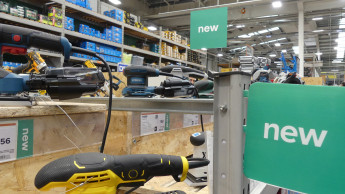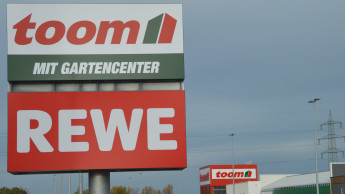

deep insights, facts & figures

The external environment is changing, while the scope companies have for manoeuvre is not
West European DIY retailers have increasingly been expanding into east and south-east Europe since the fall of the iron curtain twenty years ago. Many of the big European chains have established a considerable network of branches there within an extremely short space of time, so that many familiar brands and names are to be found there alongside the local companies. Not all the international participants will be successful in the long run: rapid expansion alone is not necessarily a recipe for success. Each new country, and consequently each new market, has to be assessed and treated individually. Effective concepts cannot simply be transferred from one country to another without any alteration. Although it has in many ways become easier to turn a company into an international player in the wake of globalisation, maintaining a long-term position in the international marketplace still remains a great challenge. Up to the beginning of the global financial and economic downswing the foreign markets, in particular those in eastern Europe, were regarded as growth markets that were able to contribute an increasingly large share to the company’s total turnover. However, the crisis brought with it far-reaching changes and is demanding a general rethink in the economy. The nearly unlimited growth has been stopped and previous concepts have to be revised or changed. This is also true for the DIY sector, of course. The downward trend has hit the young market economies harder than the western industrial nations, so more time will be needed for these countries to recover from the effects of the crisis and get back to the economic performance they had achieved beforehand. It will soon become clear which companies are established firmly enough to manage to carry conviction even in a market with a lower rate of growth. Many different factors need to be taken into consideration for success on the international stage: 1 First of all it is vital to build up a distinctive profile. In the domestic market and international competition alike, a good image is of paramount importance for reaching the hearts and minds of customers. This is a matter of differentiating oneself from the competition, of being perceived as unique. 2 Consideration must still be given to the special features of the country concerned, despite all differentiation. It happens again and again that internationally operating companies ignore national characteristics and mindsets – and come to grief in the end…
Related articles
Read also

 Menü
Menü












 Newsletter
Newsletter